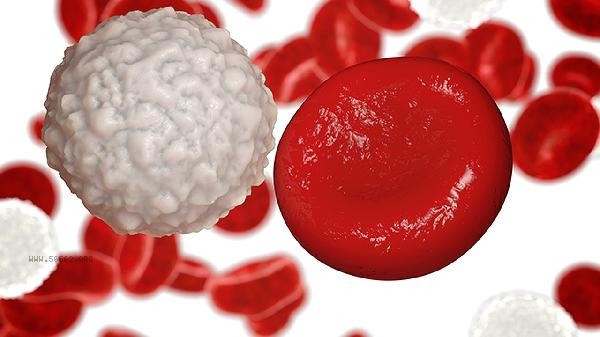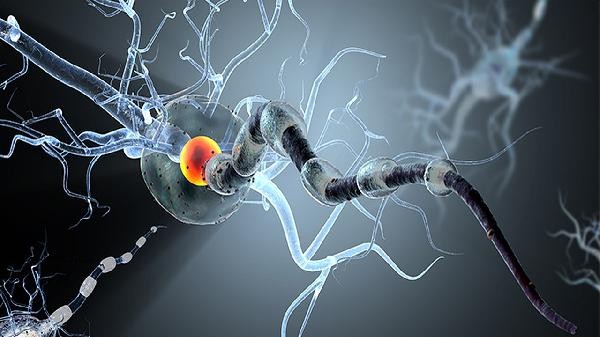The percentage of neutrophils at 28.4% usually indicates a low value, which may be related to factors such as viral infection, drug effects, blood system diseases, autoimmune diseases, or radiation damage.

1. Viral infection:
Common viral infections such as influenza and chickenpox can inhibit bone marrow hematopoietic function, leading to a decrease in neutrophil production. This type of situation is usually accompanied by symptoms such as fever and fatigue, and a blood routine examination shows an increase in the proportion of lymphocytes. Viral infections are self limiting and generally do not require special treatment. They can be relieved through supportive therapies such as rest and vitamin C supplementation.
2. Drug effects:
Some antibiotics, antithyroid drugs, or chemotherapy drugs may cause bone marrow suppression. When using sulfonamides, chloramphenicol and other drugs for a long time, regular monitoring of blood routine is necessary. If drug-induced neutropenia is found, the medication plan should be adjusted under the guidance of a doctor, and if necessary, leukocyte boosting drugs should be used. 3. Hematological disorders: Diseases such as aplastic anemia and myelodysplastic syndrome can affect the differentiation of hematopoietic stem cells, leading to a decrease in neutrophils. This type of disease may be accompanied by a decrease in platelets and hemoglobin, and should be diagnosed through bone marrow puncture. Treatment includes immunosuppressive agents, hematopoietic stem cell transplantation, and other methods. 4. Autoimmune diseases: Systemic lupus erythematosus, rheumatoid arthritis, and other diseases can produce anti neutrophil antibodies. In addition to typical symptoms such as joint swelling and pain, laboratory tests showed positive results for anti nuclear antibodies. The treatment mainly involves glucocorticoids and immunomodulators, and regular monitoring of blood count changes is required.
5. Radiation exposure:

High doses of ionizing radiation can damage the bone marrow hematopoietic microenvironment, leading to a decrease in whole blood cells. When radiation workers or tumor radiotherapy patients experience neutropenia, immediate radiation protection assessment is required. Clinical treatment includes supportive therapy such as isolation protection and granulocyte colony-stimulating factor injection. When neutropenia is found, it is recommended to recheck the blood routine to rule out detection errors. Maintain a balanced diet in daily life, increase protein and iron intake in moderation, and avoid raw and cold foods to prevent infection. Moderately engage in low-intensity exercises such as Tai Chi and walking to enhance physical fitness. Pay attention to signs of infection such as oral ulcers and recurrent fever. If there is persistent weakness or skin bruising, seek timely medical attention from a hematology department. When pregnant women or children have abnormal indicators, special attention should be paid to their nutritional status and growth and development indicators.










Comments (0)
Leave a Comment
No comments yet
Be the first to share your thoughts!